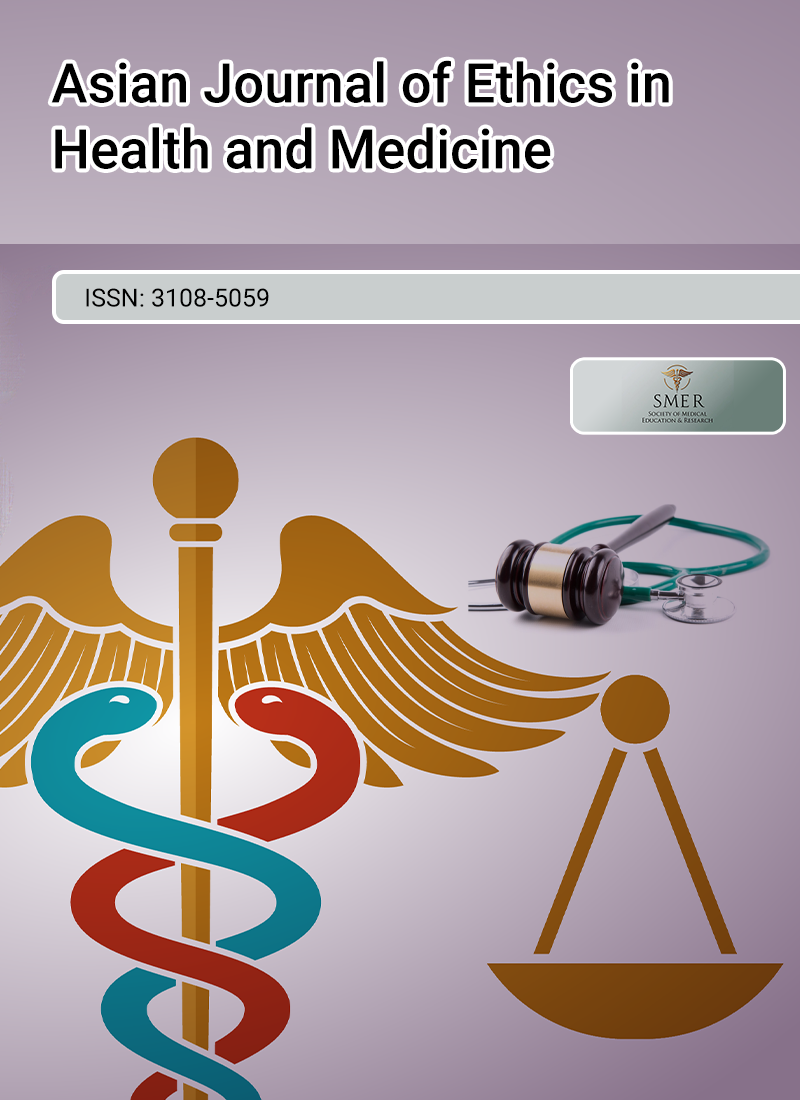
Massively parallel sequencing methods, including whole exome sequencing (WES) and whole genome sequencing (WGS), can uncover unsolicited findings (UFs) that are unrelated to the primary diagnostic objective. These methods are commonly applied in pediatric cases of developmental delay (DD). However, current guidelines for informed consent and the return of UFs are not fully equipped to address the unique ethical challenges that arise in these cases. Previous empirical research by our group indicates that the future development of children with DD—and whether they may eventually achieve capacities for autonomous decision-making—can be uncertain. Parents sometimes experience a Catch-22 when deciding on UFs prior to WES in trio-analysis (sequencing of both parents’ and child’s DNA). A key motivation for consenting to WES is often to gain insights into the child’s potential developmental trajectory. Responsible decision-making regarding the receipt or refusal of UF information requires some understanding of the child’s likely future autonomy. This dilemma is largely due to policies that require parents to make decisions about UFs before sequencing. We argue that this insight should inform revisions to existing policies on the return of UFs in WES/WGS. We propose guidelines featuring two key elements: first, a staged informed consent process; and second, differential rules for disclosing or withholding UFs in children with DD, based on the degree of confidence in their prospective autonomous capacities. When implemented alongside a dynamic consent approach, these guidelines could help address significant ethical challenges encountered in genomic sequencing for children with developmental delays.